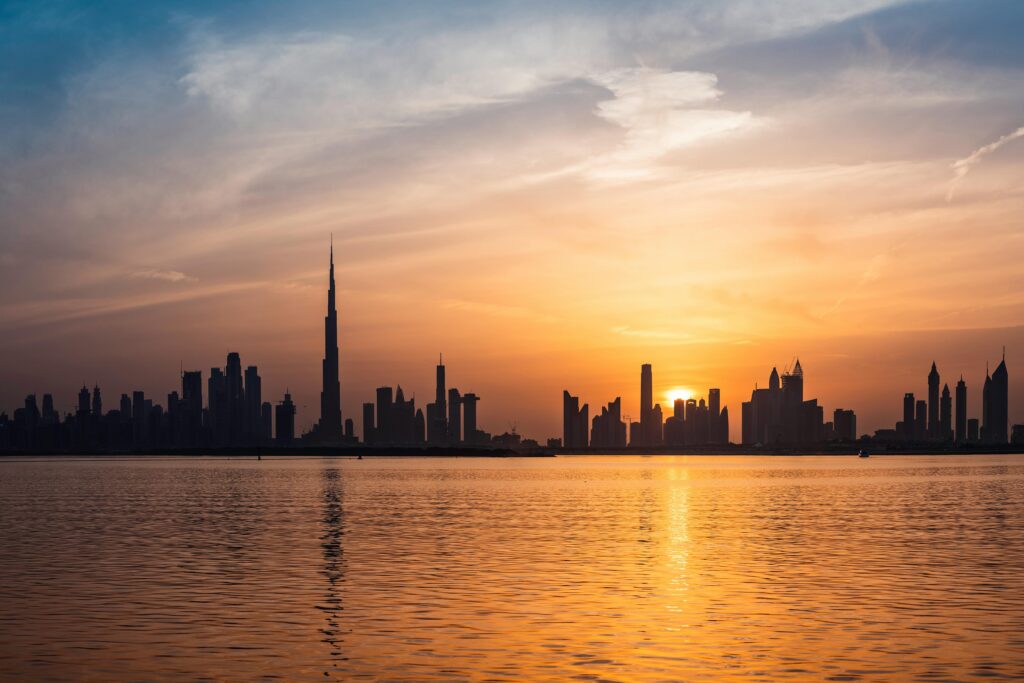
Dubai’s real estate market is famous for its amazing opportunities, but it also comes with some challenges and risks that every investor should know. In this article, we will highlight the main risks investors might face and share practical tips based on the experience of Ahmed Ragab, a real estate consultant in Dubai.
1. Market Fluctuations
Dubai’s real estate market is very attractive, but it is also known for its ups and downs. For example, there was a big boom between 2012 and 2014, followed by a slowdown until 2020, and then a strong recovery. Investors should always expect that prices can change and should rely on careful market research before buying any property.
So, if you are thinking about investing today, don’t just follow the visible trends. Take a smart step: base your decision on proper market analysis and get free advice to make an informed choice that protects your investment and increases your chances of success in the next market cycle.
2. Legal Challenges
Real estate laws in Dubai are different from many other countries. If you don’t follow the correct legal steps, you might face disputes or even lose your rights. Ahmed Ragab advises investors to always work with certified real estate consultants and to make sure all documents, like the title deed and No Objection Certificate (NOC), are correct and verified.
3. Risk of Oversupply
The growing number of new projects can lead to an oversupply in the real estate market, which can negatively affect rental returns and resale prices. Before investing, it’s important to study the supply and demand in the area you are targeting.
4. Think Smart About Financing Options
Choosing the wrong mortgage or financing method can add financial pressure due to high-interest rates and strict bank loan terms. Instead of going directly for a traditional mortgage, Ahmed Ragab advises considering buying an off-plan property with a flexible payment plan directly from a trusted developer.
This option allows investors to spread payments over different stages without paying high bank interest, which improves investment returns and maintains healthy cash flow.
I can help you choose the right project that fits your goals!
📞 Book a call with me here.
5. Project Handover Delays
When buying an off-plan property, there is always a risk that the project handover might be delayed. Although this risk is low when dealing with trusted developers, Ahmed Ragab always recommends having an exit plan, such as reselling the unit to another investor or switching the investment to another promising project.
Having a backup plan gives you flexibility and protects your investment without relying heavily on additional financing.
6. Currency Exchange Risk for International Investors
The UAE Dirham (AED) is pegged to the US Dollar, which provides strong currency stability and protects investors from major fluctuations. However, if you are investing from a country where the local currency is weak, it’s important to consider the impact on your investment returns when converting profits or selling the property in the future.
Ahmed Ragab recommends including this factor in your financial planning to make safe and smart investment decisions.
7. Additional Costs
Some investors forget about the extra costs when buying property, such as Dubai Land Department fees, bank fees, and commissions. In Dubai, these costs are usually around 6–8% of the property’s value.
8. Service and Maintenance Fees
Annual service fees can significantly affect your investment returns. It’s important to check these costs before buying a property to avoid unexpected surprises.
Conclusion
Investing in Dubai real estate can be a smart and profitable move, but only if you understand the risks and prepare properly.
As your real estate consultant, I’m happy to guide you in making smart decisions and help you avoid many common challenges.